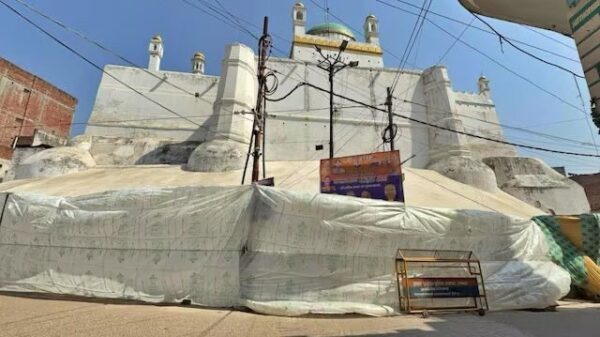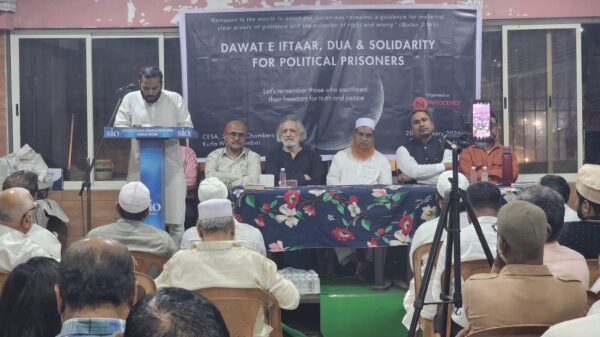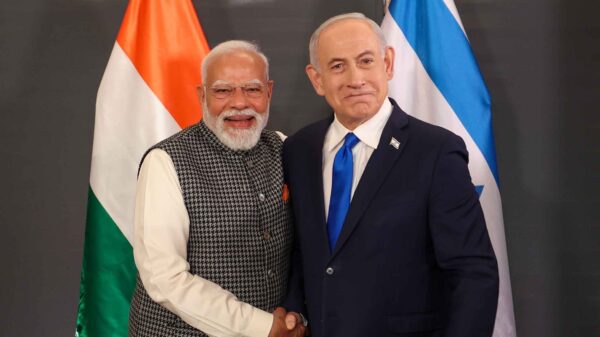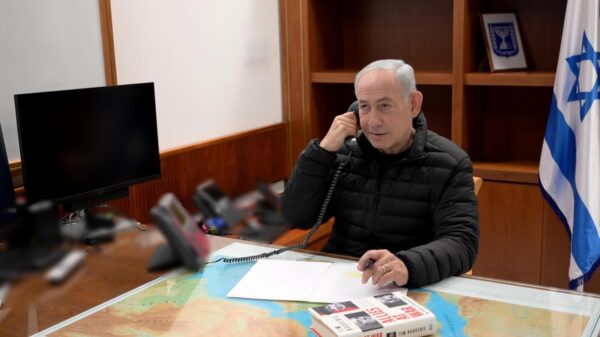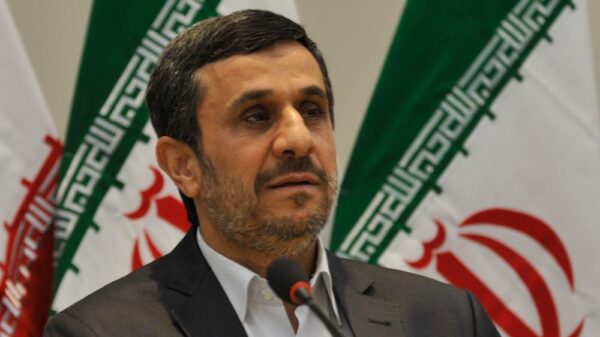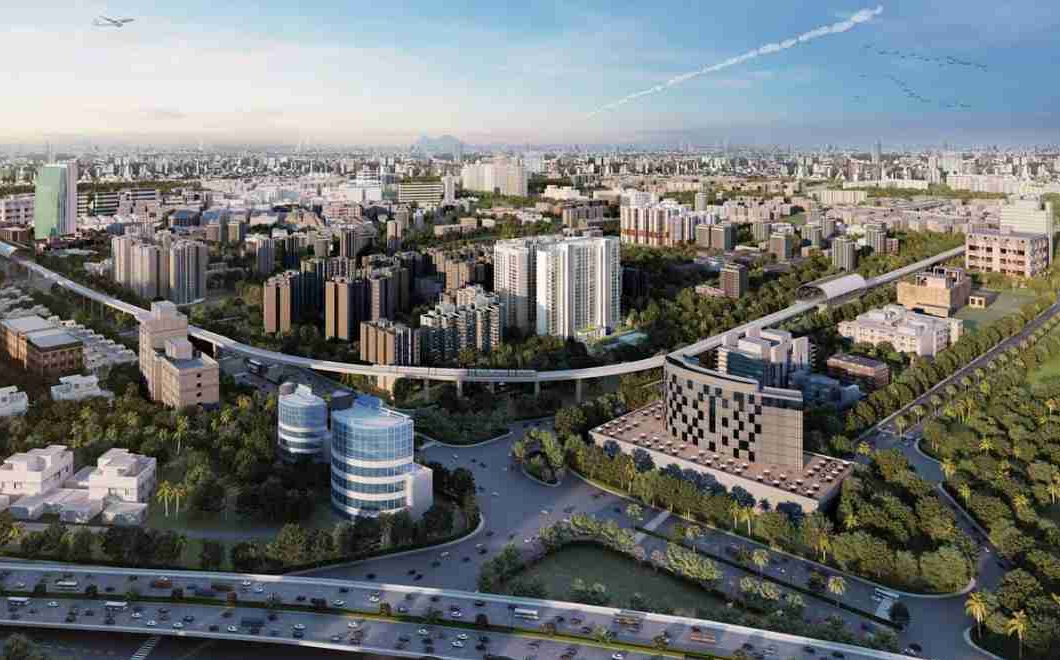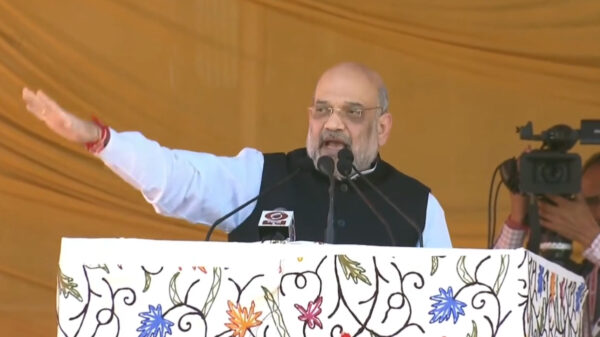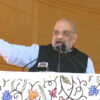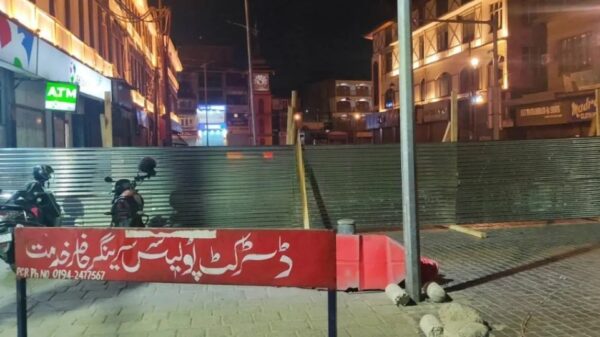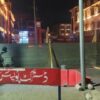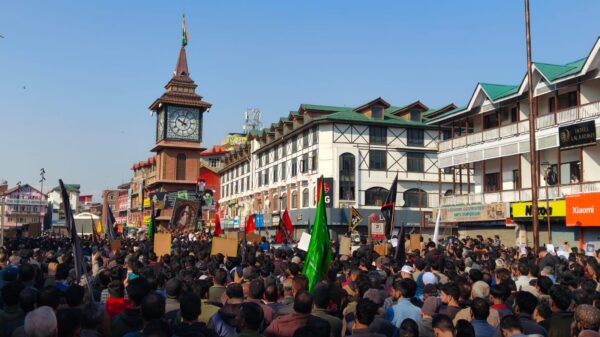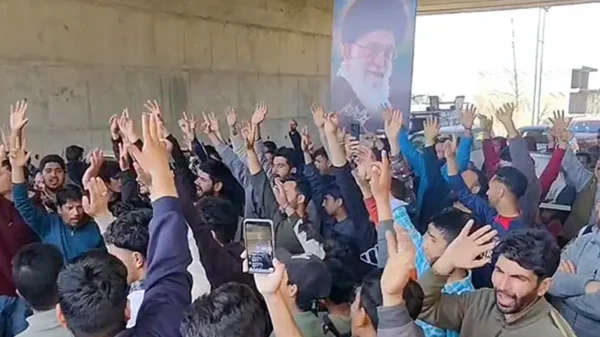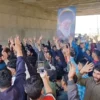A day after the powerful blast near Delhi’s Red Fort killed 13 people, Gurugram Police have directed all residential societies in the city to submit lists of residents from Jammu and Kashmir and foreign nationals living there.
Madan Lal, the Station House Officer of Gurugram City Police Station, confirmed that the notices had been sent out on Tuesday. “We issued a direction after the Delhi blast,” he told Scroll.
Assistant Police Commissioner Vishnu Prasad said the step was taken as part of a security review following the explosion. “We are inquiring about who has come from where and for how long they have been staying here,” Prasad said. “This includes residents from Jammu and Kashmir as well as foreigners. It is for security purposes and is part of a routine check.”
The directive comes after a car exploded on Monday evening near Gate No. 1 of the Red Fort metro station in Delhi. While the cause of the blast is still being investigated, police have registered a case under the Unlawful Activities (Prevention) Act (UAPA) and the Explosives Act.
Just hours before the explosion, Jammu and Kashmir Police announced that they had cracked what they described as an “inter-state and transnational terror module.” Over the last three weeks, police had arrested seven people, including two doctors from Kashmir, Dr. Adeel Ahmad Rather from a hospital in Saharanpur, Uttar Pradesh, and Dr. Muzamil Shakeel from a hospital in Faridabad, Haryana.
Police told media that another Kashmiri doctor working at the same Faridabad hospital has been missing since the arrests began. Investigators recovered a large cache of arms, ammunition, and explosives during searches in Kashmir, Haryana, and Uttar Pradesh.
However, as of Wednesday, authorities in Delhi and Jammu and Kashmir have not officially linked the Red Fort explosion to the busted terror module.
Meanwhile, Jammu and Kashmir Police have continued a sweeping crackdown on what they describe as a “terror ecosystem,” targeting overground workers, UAPA and Public Safety Act (PSA) accused persons, sympathisers, and relatives of killed or active militants, particularly in areas that have seen encounters in the past.
Under this ongoing operation, police have detained more than 1,500 people for questioning across the Valley.







